
Midlands Population Health Management Academy
The Midlands Population Health Management Academy was part of a programme of support, commissioned by NHS
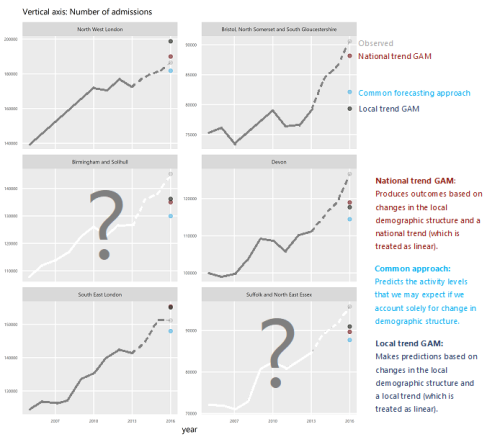
How will we know if Integrated Care Systems reduce demand for urgent care?
The implications of a blended payment system are far reaching: Decisions about planned activity levels will determine the total funding envelope for urgent care within a system and will influence the behaviour of healthcare providers and the services they deliver to patients.
Opening the ‘black box’ of scenario planning through realist synthesis
Scenario planning is recognised as an effective aid to strategic planning in complex, uncertain conditions. It is an approach that the Strategy Unit is increasingly building into its work with health and care systems and third sector organisations.
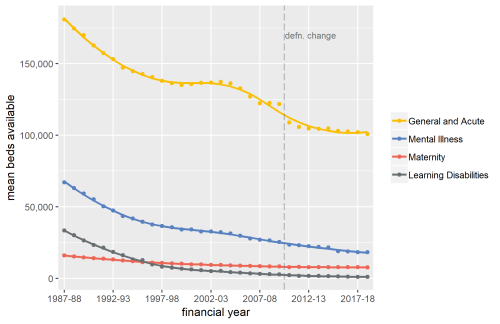
Exploring Mental Health Inpatient Capacity
This report explores the pressures on inpatient mental health services across Sustainability and Transformation Partnerships in England, drawing on a wide range of datasets, published research and interviews with staff working on mental health services. The report was commissioned by and includes a response from the Royal College of Psychiatrists.
Learning and Development of Problem Solving Techniques
What is innovation?
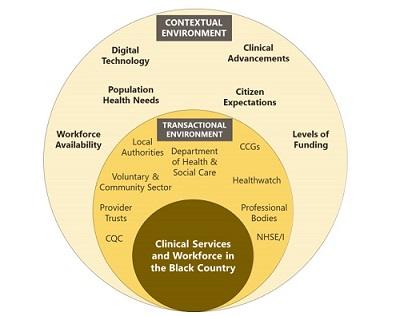
Clinical Workforce Scenarios for the Black Country
The future is highly uncertain.
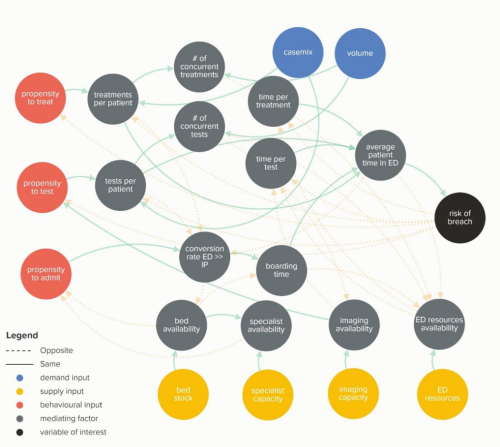
Waiting Times and Attendance Durations at English A&E Departments
In March 2019, NHS England is expected to report the outcome of its review of constitutional waiting times targets. This report reviews the factors that have led to the decline in performance against one of these targets - the 4-hour target for Accident and Emergency Departments. The analysis uncovers new insights and has the potential to reshape received wisdom about the performance of A&E departments, carrying important implications for healthcare policy and system leadership.
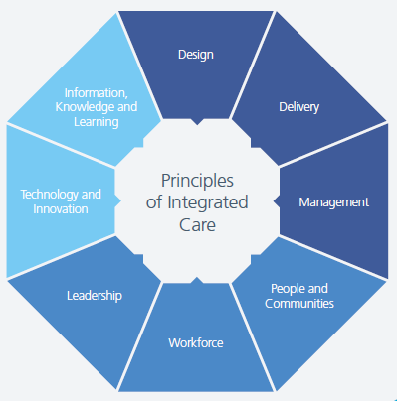
New care models - what's the evidence
High level findings from a series of evidence reviews on new care models.

Tools & templates: Problem structuring
Problem trees and driver diagrams can help you to understand the causes and effects of your problem.
Knowledge sharing
Knowledge sharing is vital for sharing good practice, enabling adoption and spread of innovations, and preventing people from making the same mista
The Potential Economic Impact of Virtual Outpatient Appointments in the West Midlands: A scoping study
The Strategy Unit was recently approached to examine the case for a shift from traditional outpatient services to the use of virtual a
Pre-mortem
The pre-mortem technique was developed by Klein (2007) using ‘prospective hindsight’ to identify risks at the outset of a project.

Evaluation of an Integrated Mental Health Liaison Service (Rapid Assessment Interface and Discharge Service) in Northern Ireland
A high proportion of patients treated for physical health conditions also have co-morbid mental health problems; and there is growing acceptance of

The Status of Electronic Palliative Care Coordination Systems in the West Midlands
Commissioned by NHS England, this report describes the state of electronic palliative care coordination systems in the West Midlands.
Making a priority of mental health and wellbeing in Nottinghamshire
Nottinghamshire has been an early mover in the transition from Sustainability and Transformation Partnerships (STP) to Integrated Care Systems (ICS

Tools & templates: Other points of view
Use Edward deBono’s ‘Six Thinking Hats’ or consider a wider point of view, to approach a problem or potential solution from different perspectives.
Evaluation of the Dudley New Care Models Programme
This is the final system-wide report from the evaluation.

Tools & templates: Breaking the rules
Generate new ideas to solve a problem – by identifying the underlying assumptions, unwritten rules and thinking that maintain the status quo.
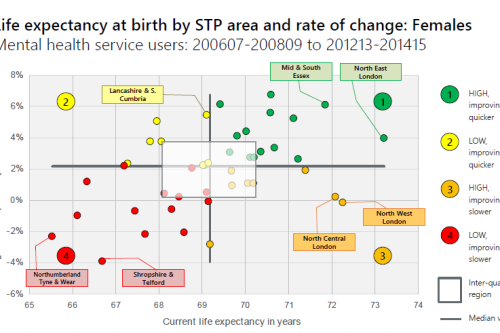
Making the case for integrating physical and mental health services in England - National overview
This is a national overview report of our Making the case for integrating physical and mental health services reporting which took place in July 20

Tools & Templates: Five Whys
Keep asking ‘why’ to peel back the layers of your problem, until you identify a potential root cause.